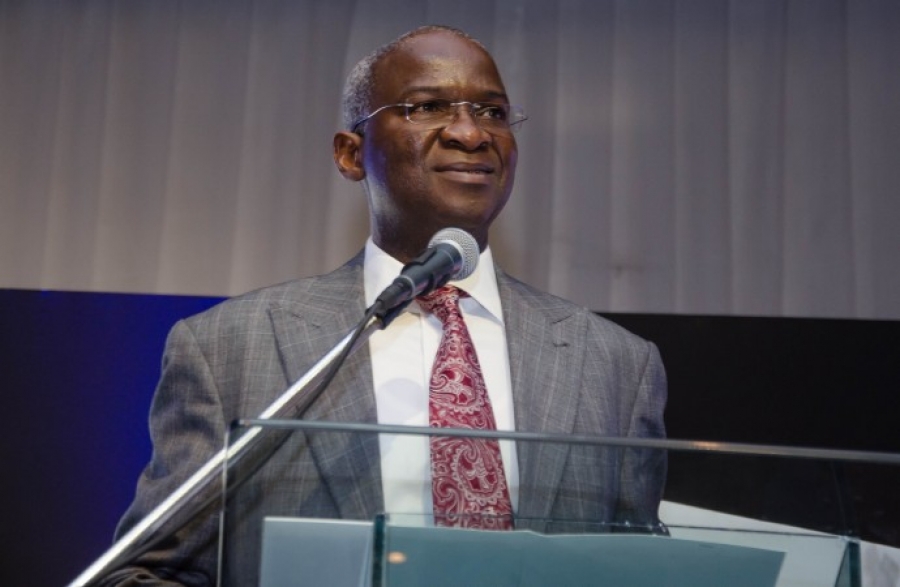- Fashola Inaugurates 330KV Power Switching Station in Akwa Ibom
Minister of Power, Works and Housing, Babatunde Fashola, on Monday, inaugurated a 330KV power switching station in Ikot Ekpene in Akwa Ibom.
The minister, at Ikot Inyang village in Ikot Ekpene Local Government Area of Akwa Ibom, said that the switch on of the station would boost electricity supply in the country.
He said that the station was expected to evacuate electricity from power plants in Alaoji, Afam, Calabar and Ikot Abasi and route same to Ugwuaji in Enugu up to Jos.
Fashola said that the development would solve the problem of stranded power as the generating plants would have their power evacuated for use.
The minister added that the project was bedevilled with challenges but for the intervention of the National Assembly, which resolved the contending issues for the completion of the project.
The Managing Director of Niger Delta Power Holding Company (NDPHC), Mr Chiedu Ugbo, who was at the inauguration, said contract for the project was awarded in 2006.
Ugbo said that the project was delayed due to challenges and lauded the stakeholders for the commitment toward completing the project.
He noted that the new management of NDPHC was committed to ensuring improved power generation, saying that the switching of the station on would mark the end of epileptic power supply.
He expressed gratitude to Gov. Udom Emmanuel of Akwa Ibom and his predecessor, Sen. Godswill Akpabio and the host community for providing conducive environment for the completion of the project.
In her speech, Princess Maryam Akanmode, the contractor handling the project, said the 330 KV station had 12 inter-connectivity lines to evacuate power from the four plants to the national grid.
Akanmode, who is the Managing Director of Carlark International Limited, lauded the Federal Government and stakeholders for assisting in the completion of the project.
The Akwa Ibom Governor, Mr Udom Emmanuel, said the event marked significant turning point in the march toward new dawn in both power infrastructural renaissance and industrial revolution.
Represented by his Deputy, Mr Moses Ekpo , the governor said that the Ibom Power Plant had approval for upgrade to 685 megawatts from the Nigerian Electricity Regulatory Commission.
He said that the state was generating 191 megawatts from the Power Plant in Ikot Abasi Local Government Area of the state.
Emmanuel disclosed that the state government had equally partnered a private investor for the take-off of the N90 billion Uquo Gas Plant at Esit Eket.
He said that gas plant was projected to supply 131 million standard cubic feet of gas per day to the National Independent Power Plant (NIPP) in Calabar, as well as the Ibom Power Plant.



 Naira4 weeks ago
Naira4 weeks ago


 Naira3 weeks ago
Naira3 weeks ago


 News4 weeks ago
News4 weeks ago




 Naira4 weeks ago
Naira4 weeks ago


 Jobs3 weeks ago
Jobs3 weeks ago
 Naira3 weeks ago
Naira3 weeks ago


 Travel3 weeks ago
Travel3 weeks ago
 Naira3 weeks ago
Naira3 weeks ago




















